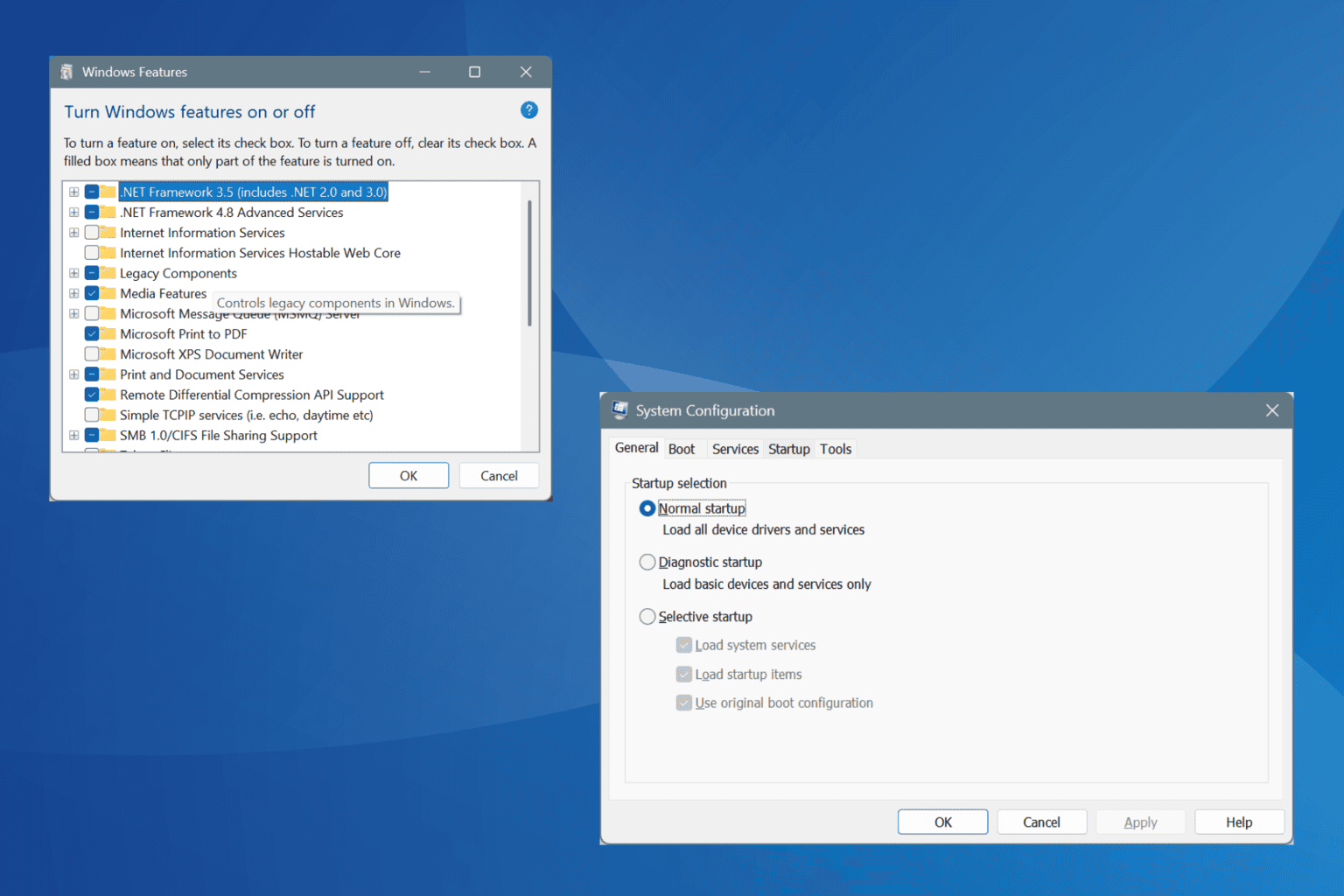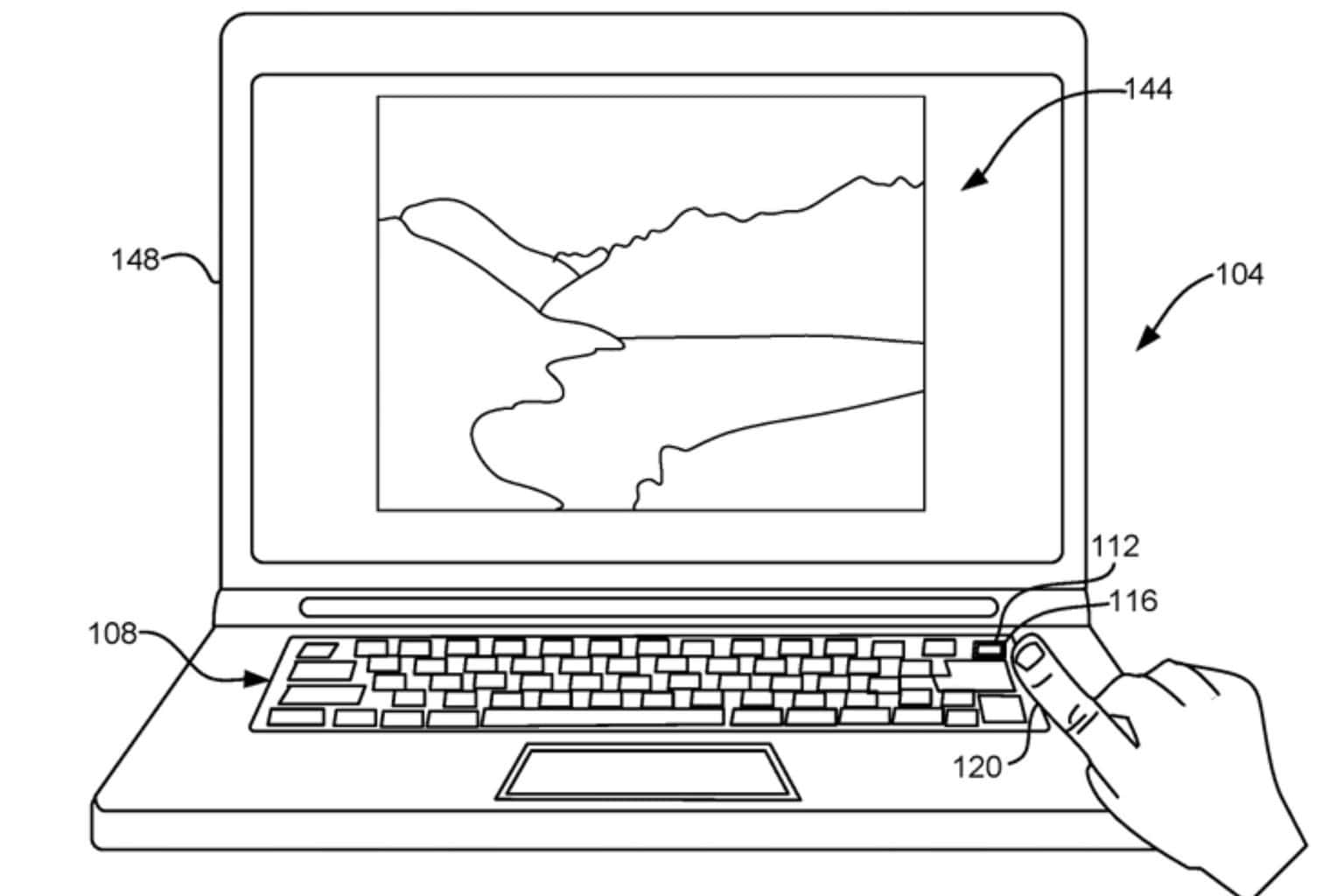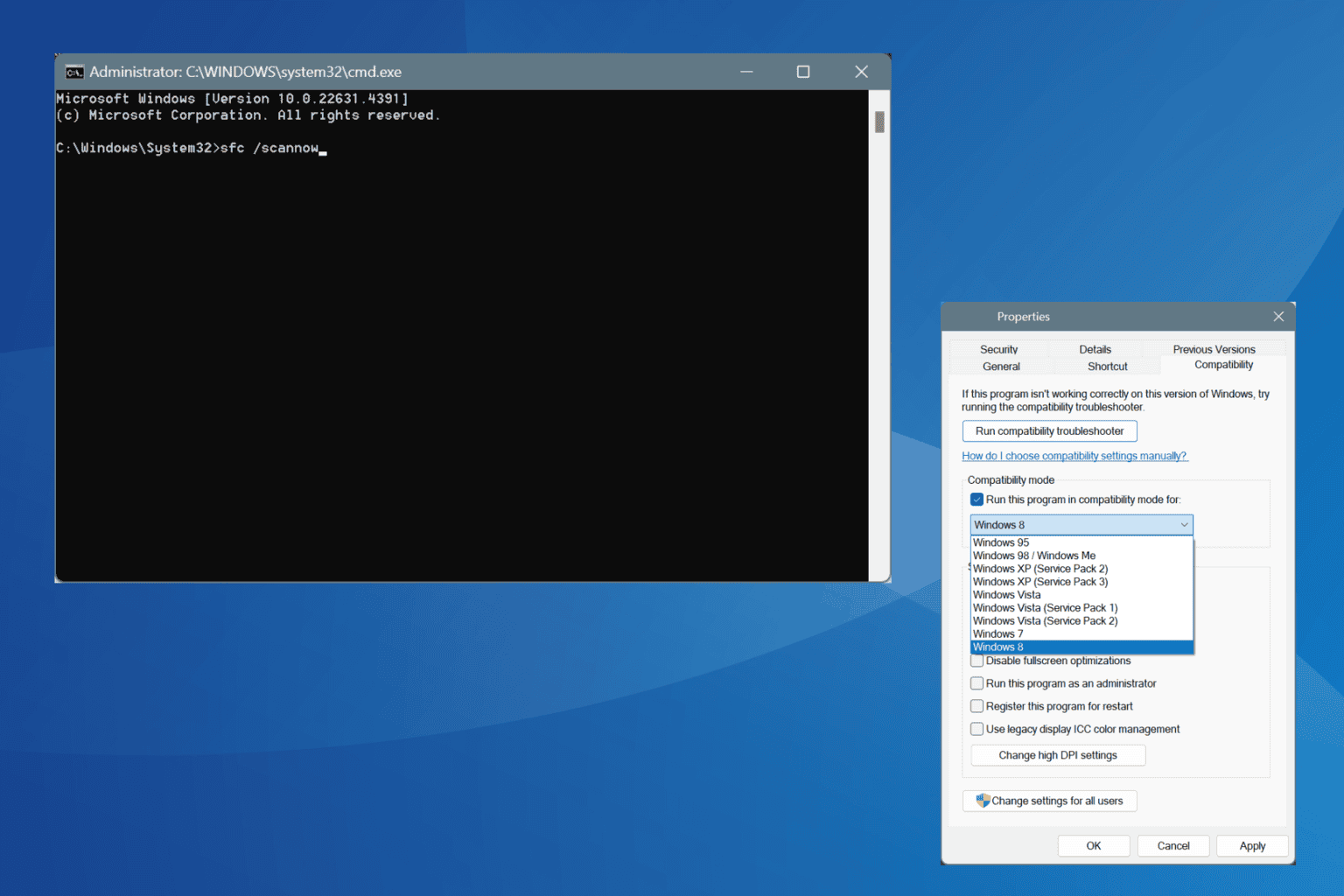Microsoft adds partnerships with energy companies, Aramco and Petronas, to drive innovation and sustainability
2 min. read
Published on
Read our disclosure page to find out how can you help Windows Report sustain the editorial team. Read more

Microsoft has collaborated with Aramco and Petronas, two prominent energy industry companies, in two projects to drive innovation forward.
Microsoft and Aramco
Rondo Energy, a startup based in California, has received support from Aramco and Microsoft, via its Climate Innovation Fund, for their innovative solution called Rondo Heat Batteries. The idea behind this concept is to store excess renewable energy in heated bricks, which could help reduce emissions.
It involves using electric heating elements to raise the temperature of large quantities of bricks to extremely high levels. When needed, these bricks can then release superheated air or steam. The primary objective is to offer industries a cost-effective way to reduce carbon emissions and operational expenses.
The focus is on industries heavily reliant on high-temperature heat, such as steel manufacturing and food processing, which contribute significantly to global carbon pollution and energy consumption.
Microsoft with Petronas and Cegal
Petronas has collaborated with Microsoft to enhance innovation in the upstream value chain. The partnership aims to utilize Microsoft’s Azure High-Performance Computing (HPC) and AI Infrastructure to boost the operational efficiency of Petronas Upstream.
The energy industry uses the term “upstream” to describe the early stages of oil and gas production, including exploring, drilling, and extracting crude and natural gas. Additionally, the upstream value chain is the part of the value chain responsible for obtaining raw materials and converting them into intermediate products.
By establishing an Azure HPC and AI Infrastructure platform, the collaboration seeks to optimize various aspects of energy operations, including AI, machine learning, and efforts toward decarbonization. The goal is to enhance energy offerings and operational efficiency across the broader energy industry.








User forum
0 messages